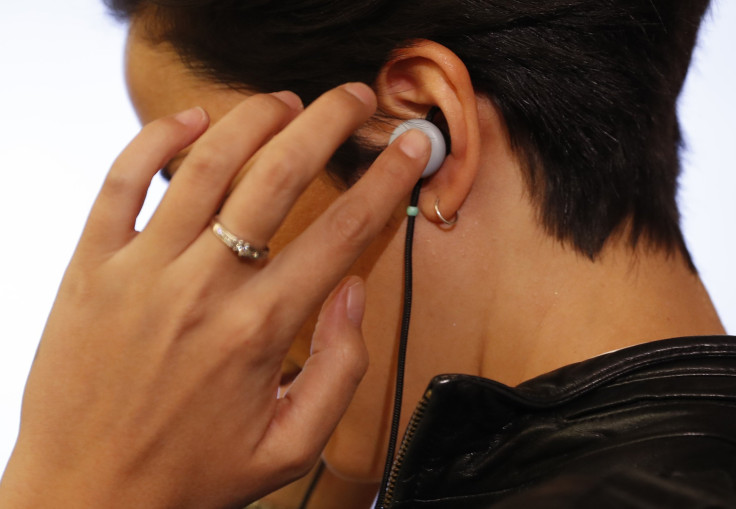Speech-To-Song Illusion: Why Spoken Phrase Sounds Like Music After Several Repetitions

As people continue to discuss the famous case of Laurel vs Yanny, a group of researchers has delved into another nature of auditory perception — why speech or a spoken phrase sounds like it’s being sung after several repetitions, even when the person is only talking?
“There’s this neat auditory illusion called the ‘Speech-to-Song Illusion’ that musicians in the '60s knew about and used to artistic effect — but scientists didn’t start investigating it until the '90s,” Michael Vitevitch, one of the authors of the latest study, said in a statement.
Scientists who looked into this illusion have shown that the phenomenon occurs in English, German and Mandarin speakers and regions in the brain that process music fire when a phrase is perceived as a song, but nobody has been able to explain as to why this illusion occurs in the first place.
This, as Vitevitch explained, is because most of the people have looked the problem from the music perception end, instead of language and speech. So, the researcher decided to bring models of language processing into the case and see if that provides an insight into the illusion. He worked with students at Kansas University (KU) and used an existing model known as the Node Structure Theory to find if the aspects of language processing covered in it explained the auditory illusion.
According to the theory, word nodes and syllable nodes act as detectors for people, allowing them to hear words, syllables, and phrases. Vitevitch leveraged this idea to conduct six experiments on 30 KU students.
In the study, he tested different characteristics to see what matters the most — the word or the syllables. The findings of the work revealed that when a person talks, both word and syllable detectors are activated, which gives the listener a perception of speech. However, when the phrase is repeated on a loop, the word detectors get tired and do not work as strongly as the syllable nodes, which do not suffer fatigue that quickly.
“You’ve got word detectors and syllable detectors and, like with lots of things in life, as you use them they’re going to get worn out — like your muscles,” Vitevitch added. “As you use them, they get tired".
Syllable detectors carry rhythmic information related to language, which means enough repetitions without the word detectors, which results in the perception of speech as a song.
“Like with muscles, you have a type of muscle for short bursts of sprinting and also muscles for endurance, like running a marathon,” Vitevitch concluded. “Word nodes are like sprinting muscles, and syllable nodes are like endurance muscles.”
The study, titled “An account of the Speech-to-Song Illusion using Node Structure Theory,” was published June 8 in the journal PLOS One.
© Copyright IBTimes 2024. All rights reserved.





















